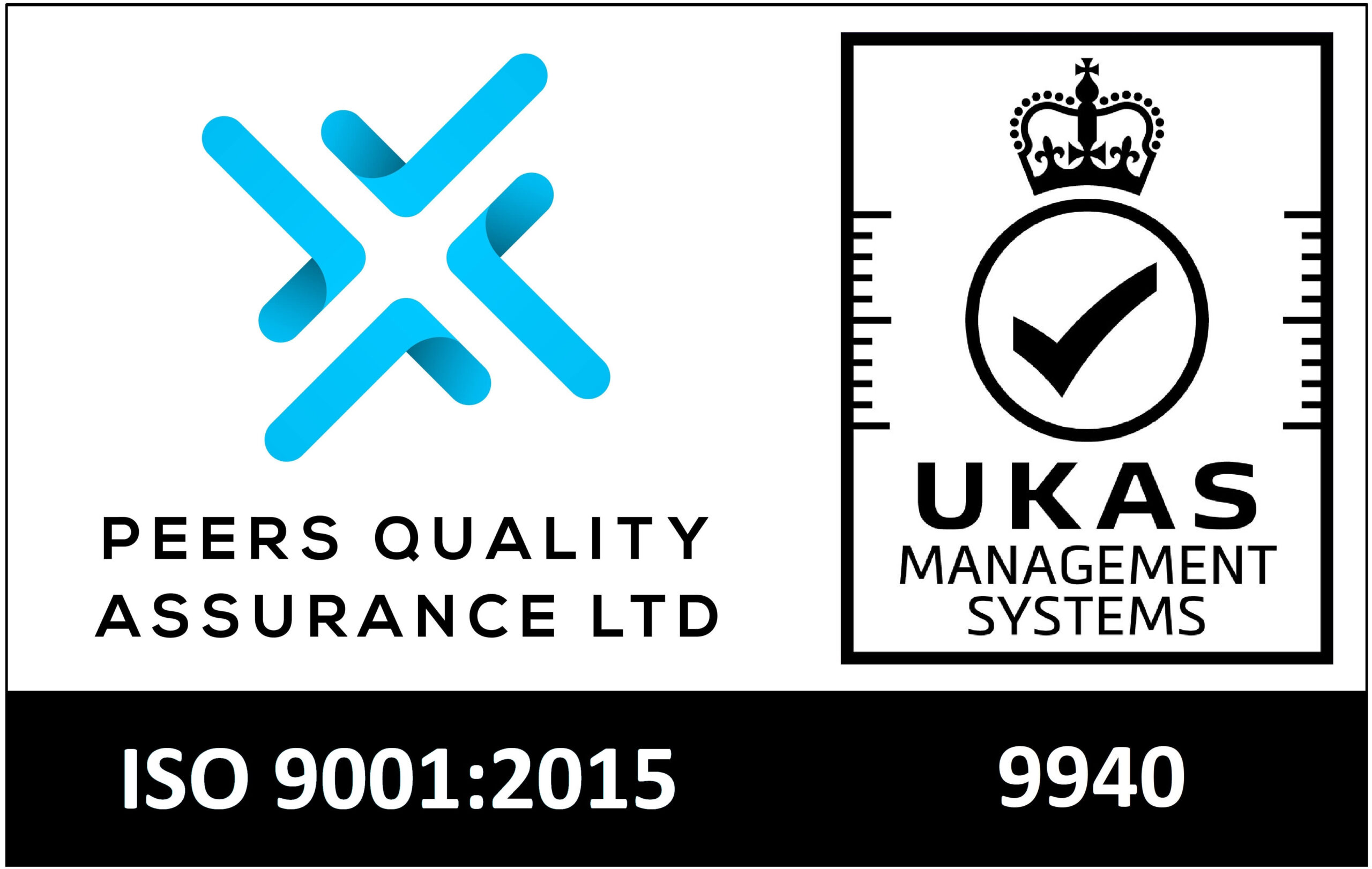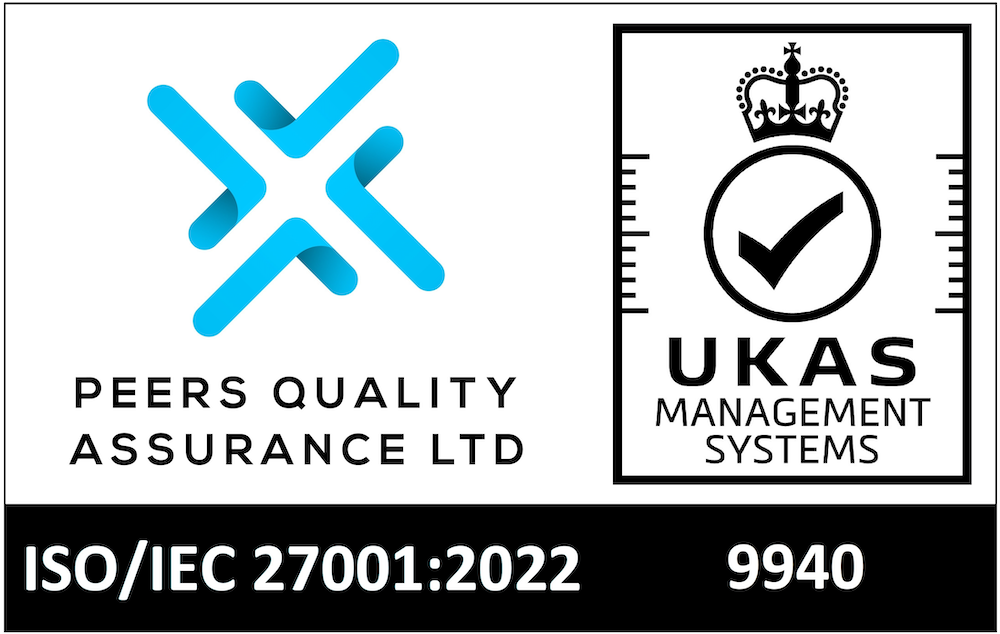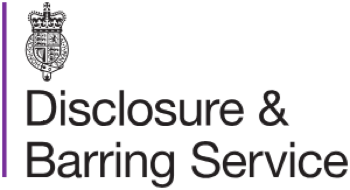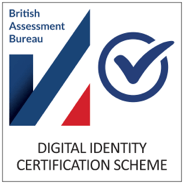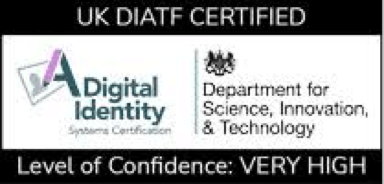Author: Joey Lyons
Legislated screening, including security vetting and employment checks can create a confusing landscape of options and choices. Dotted with acronyms and regulations, two vetting standards stand out for the majority of HR professionals that onboard to roles that require vetting: BS7858 and BPSS.
What is the difference between BS7858 and BPSS?
Important standards of secure clearance and vetting, what exactly sets them apart? How do they apply in different contexts?
What Is BS7858?
BS7858 is a security standard that outlines the requirements for conducting background checks on individuals working in a wide range of industries. It’s essential for employers to ensure the safety and security of their businesses, employees, and customers. This standard provides guidelines on how to carry out comprehensive screening services, including verifying an individual’s identity, employment history, and criminal record. By following the BS7858 standard, companies can mitigate risks and make informed decisions when hiring new employees, especially those that require SIA licences.
BS7858 2019 check dates back over 5 years and includes a 6-year financial check. The BS7858 requires Identity verification and gap analysis.
One of the key aspects of BS7858 is the requirement for employers to obtain and verify references for all potential employees. This includes contacting previous employers to confirm the individual’s employment history and performance. It’s crucial to gather this information to assess the candidate’s suitability for the role and to ensure they’ve the necessary skills and experience.
Additionally, BS7858 emphasises the importance of conducting thorough checks on an individual’s criminal record. This involves obtaining a Disclosure and Barring Service (DBS) check, formerly known as a Criminal Records Bureau (CRB) check, to identify any criminal convictions or cautions. By conducting these checks, employers can identify any potential risks and make informed decisions about the suitability of an individual for a particular role.
What Is BPSS?
BPSS, also known as the Baseline Personnel Security Standard, is a security standard considered by employers not working in a legislated sector or/and those wishing to provide non-sensitive/ non-top secret services to Government departments and or agencies. It’s a crucial process to ensure that individuals entrusted with sensitive information or working in critical roles have undergone thorough vetting.
BPSS checks date back over 3 years and have no element of financial check carried out. It requires identity verification and gap analysis.
The BPSS check involves a series of checks to establish an individual’s identity, right to work in the country, and their criminal records. It also verifies their employment history and checks for any financial issues that may compromise their integrity.
The main purpose of BPSS is to assess an individual’s suitability for a specific role or position within the government. It helps identify any potential risks or vulnerabilities that may pose a threat to national security or the organisation’s operations.
BPSS is a vital security measure that helps protect sensitive information, prevent fraud, and ensure the safety of both the government and the public. By conducting rigorous security screening of individuals, organisations can make informed decisions about individuals’ suitability for positions of trust and responsibility.
Key Requirements of BS7858
To meet the security standards for conducting background checks, certain requirements must be fulfilled under BS7858. These requirements are crucial in ensuring the safety and integrity of individuals working in positions of trust and responsibility.
Firstly, one of the key requirements of BS7858 is the thorough screening of individuals employed. This includes verifying their identity, employment history, and educational qualifications. It’s essential to conduct comprehensive checks to confirm the accuracy of the information provided by the candidate.
Secondly, BS7858 mandates the collection and evaluation of references from previous employers or educational institutions. This step helps assess the candidate’s character, reliability, and trustworthiness. Contacting referees directly and asking relevant questions is necessary to gather accurate and insightful information.
Thirdly, the standard requires a comprehensive criminal record check to be conducted. This involves obtaining a Disclosure and Barring Service (DBS) certificate, which provides information on any criminal convictions or cautions. It’s crucial to review this information carefully to determine the candidate’s suitability for the role.
Lastly, BS7858 emphasises the importance of conducting financial checks. This involves verifying the candidate’s financial status, including credit history, to identify any potential financial risks or vulnerabilities.
Key Requirements of BPSS
Thoroughly screening and evaluating potential employees is also a key requirement of BPSS, ensuring the security and trustworthiness of individuals in a security environment. When it comes to BPSS, there are specific criteria that need to be met in order to ensure a thorough evaluation process.
First and foremost, identity verification is crucial. This involves confirming the identity of the individual through the examination of official documents such as passports or driving licenses.
Additionally, BPSS requires a rigorous employment history check. This includes verifying the accuracy of the candidate’s employment history, ensuring there are no gaps in their work experience. It also involves contacting previous employers to gather references and assess the candidate’s performance and conduct in previous roles.
Furthermore, BPSS mandates a criminal record check. This involves conducting a comprehensive search of the candidate’s criminal history, including any spent or unspent convictions, cautions, or warnings. The purpose of this check is to identify any potential red flags that may compromise the security and trustworthiness of the individual.
Lastly, BPSS does not include a financial check.
Comparison: Differences Between BS7858 and BPSS
BS7858 and BPSS differ in their requirements for employee screening and evaluation. While both aim to ensure the security and trustworthiness of employees, they have distinct approaches.
BS7858 focuses on vetting individuals who work in legislated/security-related roles, but also in organisations who are not legislated, but are risk averse and/or as part of external Standards (ISO27001 for example) or have access to sensitive information. It requires employers to conduct thorough background checks, including employment history verification, criminal record checks, and financial probity checks. Additionally, BS7858 mandates the verification of identity documents and proof of address. This standard also requires employers to obtain references from previous employers to assess the candidate’s reliability and credibility.
On the other hand, BPSS, or Baseline Personnel Security Standard, is a government-mandated requirement for individuals working in certain government roles or with access to classified information. BPSS focuses on verifying an individual’s identity, nationality, and immigration status. It also includes checks for criminal records and employment history.
Unlike BS7858, BPSS doesn’t require employers to obtain references from previous employers. However, BPSS may include additional security clearance checks depending on the level of access to sensitive information required for the role.
Conclusion
In conclusion, BS7858 and BPSS are both pre-employment screening checks a but they have key differences.
BS7858 focuses on background checks for individuals working in the security industry. It requires a minimum of five years of address history and checks for criminal records.
On the other hand, BPSS is a baseline standard for all government employees. In addition to criminal record checks, it includes identity verification and nationality checks.
Understanding these differences is crucial for organisations and individuals seeking the appropriate level of security clearance.

